Public debate on Vojvodina Statute held
A public debate has been held on a motion asking the Constitutional Court for an opinion on the constitutionality and legality of the Vojvodina Statute.
Tuesday, 21.05.2013.
16:58

BELGRADE A public debate has been held on a motion asking the Constitutional Court for an opinion on the constitutionality and legality of the Vojvodina Statute. The petitioners argue the piece of subordinate legislation attempts to regulate matters which are under the sole jurisdiction of the Constitution and laws, while the authorities of the autonomous province say the Statute does not jeopardize the constitutional order in Serbia. Public debate on Vojvodina Statute held The motion was submitted by the Democratic Party of Serbia (DSS), New Serbia, and an association for the protection of the Serbian Cyrillic alphabet Cirilica from Novi Sad. Constitutional Court President Dragisa Slijepcevic said the matter up for debate are "contentious legal and constitutional issues which were brought to the attention of the Constitutional Court." The provincial administration believes the Vojvodina Statute does not go against the Constitution and the public debate will show this, said Stevica Nazavic, chairman of the Vojvodina Assembly's Regulations Committee. According to Nazavic, the most important thing is that the Statute's provisions regulating the organization of the provincial government and relationship between provincial bodies remain in effect. "It is important that the Statute survive in its current form, along with the rights the citizens can enjoy through the Autonomous Province. It is very important that these things are kept on, as principles which will some day also be of use to other parts of our country in achieving territorial autonomy," he said. The Vojvodina Statute attempts to regulate not only the matters already transferred onto the autonomous province, but also matters regulated by the Constitution, said professor Kosta Cavoski, disputing the Statute on behalf of the DSS. A piece of subordinate legislation such as the Statute cannot have constitutive properties, said the professor, noting that its passage is an attempt to regulate a whole series of issues which are regulated by the Constitution or laws. The document classifies the Serb people as a national community even though it is the constitutive people in Serbia, and gives Vojvodina a representative office in Brussels in the provisions defining regional cooperation, said Cavoski. He also criticized the establishment of the Vojvodina Academy of Sciences, noting that all countries have only one such academy, with the exception of Germany and Italy for historic reasons, and adding that "the Serbian state has always had only one academy." The petitioners also argue it is unconstitutional that the Statute establishes a council of national communities as a second house of the Vojvodina Assembly. Cavoski says the attempt to gain the right of veto over future changes to the Serbian Constitution is also unconstitutional. Vladimir Cvijan (SNS), chairman of the Serbian parliament's Committee on Constitutional and Legislative Issues, said he was tasked by the Committee to relay its position that "the Vojvodina Statute was approved by the previous legislature, but in the meantime the Constitutional Court has found over 20 provisions in the law establishing the competences of the Autonomous Province of Vojvodina unconstitutional." "In light of its previous decision, the Constitutional Court should give its ruling on the Statute without interference from any political debate." The DSS said in its motion that the Vojvodina Statute contains elements of statehood, among other things by stating that Vojvodina has a capital, and that the Serbian version of the Latin alphabet can be in official use in the province. They also consider unconstitutional the provisions stating that the province can sign inter-regional agreements, open representative offices abroad, and is the holder of executive power in the province. Last year, the Constitutional Court found over 20 provisions in the law establishing the competences of the Autonomous Province of Vojvodina unconstitutional. The Constitutional Court judges (Tanjug) Tanjug
Public debate on Vojvodina Statute held
The motion was submitted by the Democratic Party of Serbia (DSS), New Serbia, and an association for the protection of the Serbian Cyrillic alphabet Ćirilica from Novi Sad.Constitutional Court President Dragisa Slijepčević said the matter up for debate are "contentious legal and constitutional issues which were brought to the attention of the Constitutional Court."
The provincial administration believes the Vojvodina Statute does not go against the Constitution and the public debate will show this, said Stevica Nazavić, chairman of the Vojvodina Assembly's Regulations Committee.
According to Nazavić, the most important thing is that the Statute's provisions regulating the organization of the provincial government and relationship between provincial bodies remain in effect.
"It is important that the Statute survive in its current form, along with the rights the citizens can enjoy through the Autonomous Province. It is very important that these things are kept on, as principles which will some day also be of use to other parts of our country in achieving territorial autonomy," he said.
The Vojvodina Statute attempts to regulate not only the matters already transferred onto the autonomous province, but also matters regulated by the Constitution, said professor Kosta Čavoski, disputing the Statute on behalf of the DSS.
A piece of subordinate legislation such as the Statute cannot have constitutive properties, said the professor, noting that its passage is an attempt to regulate a whole series of issues which are regulated by the Constitution or laws.
The document classifies the Serb people as a national community even though it is the constitutive people in Serbia, and gives Vojvodina a representative office in Brussels in the provisions defining regional cooperation, said Čavoski.
He also criticized the establishment of the Vojvodina Academy of Sciences, noting that all countries have only one such academy, with the exception of Germany and Italy for historic reasons, and adding that "the Serbian state has always had only one academy."
The petitioners also argue it is unconstitutional that the Statute establishes a council of national communities as a second house of the Vojvodina Assembly.
Čavoski says the attempt to gain the right of veto over future changes to the Serbian Constitution is also unconstitutional.
Vladimir Cvijan (SNS), chairman of the Serbian parliament's Committee on Constitutional and Legislative Issues, said he was tasked by the Committee to relay its position that "the Vojvodina Statute was approved by the previous legislature, but in the meantime the Constitutional Court has found over 20 provisions in the law establishing the competences of the Autonomous Province of Vojvodina unconstitutional."
"In light of its previous decision, the Constitutional Court should give its ruling on the Statute without interference from any political debate."
The DSS said in its motion that the Vojvodina Statute contains elements of statehood, among other things by stating that Vojvodina has a capital, and that the Serbian version of the Latin alphabet can be in official use in the province.
They also consider unconstitutional the provisions stating that the province can sign inter-regional agreements, open representative offices abroad, and is the holder of executive power in the province.
Last year, the Constitutional Court found over 20 provisions in the law establishing the competences of the Autonomous Province of Vojvodina unconstitutional.










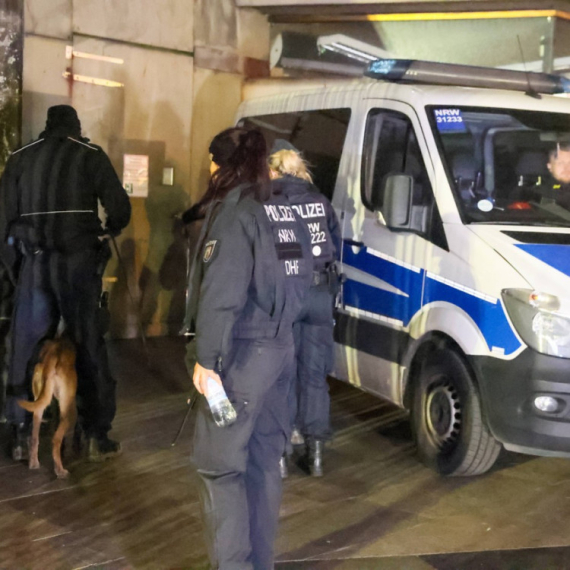

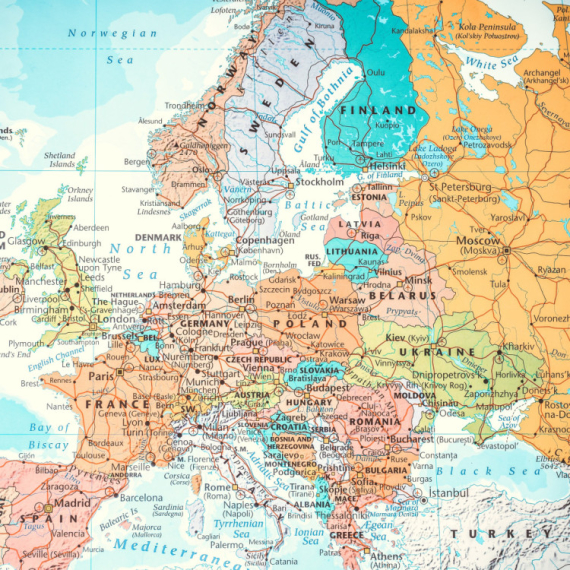

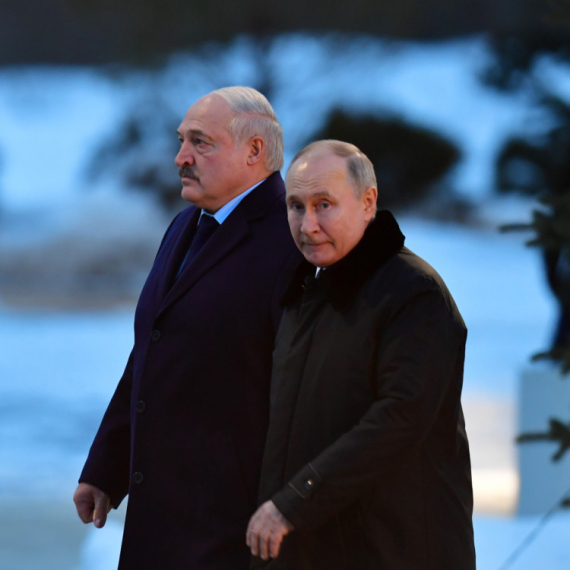
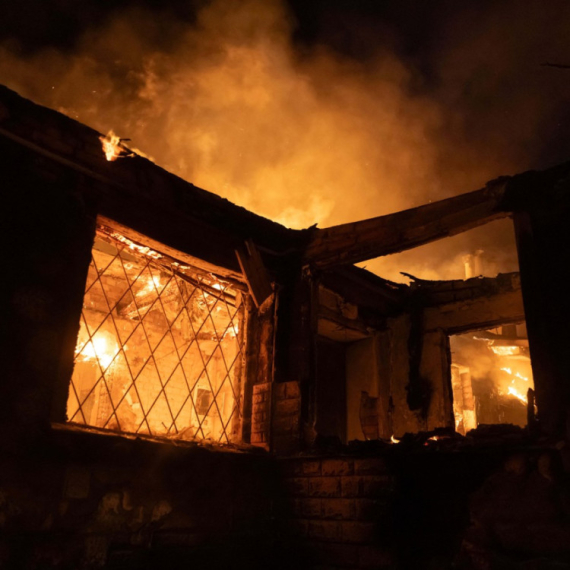

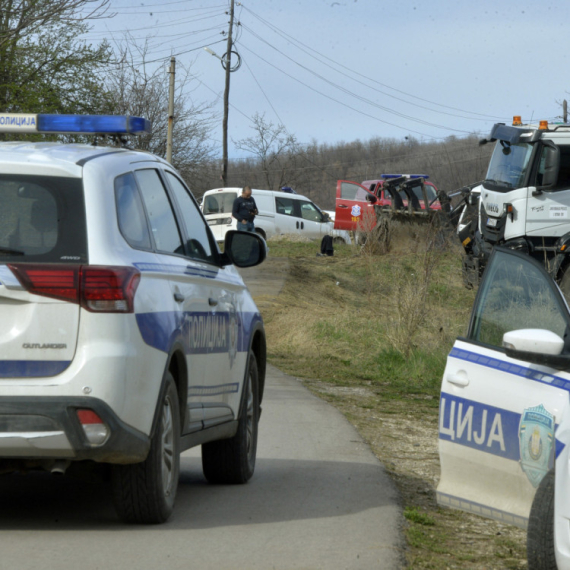

























Komentari 0